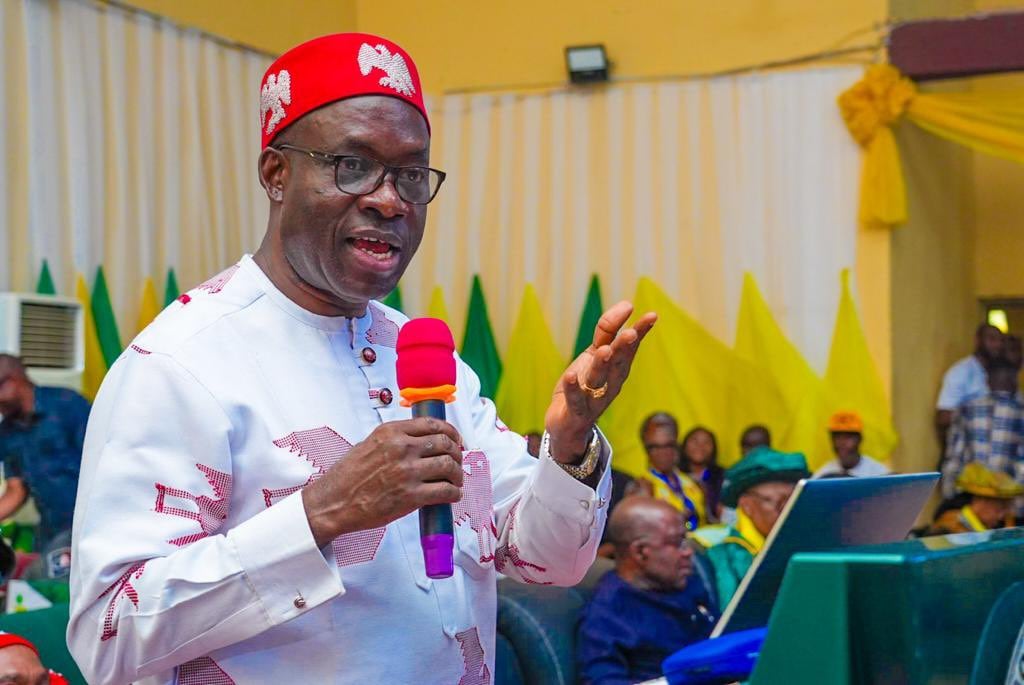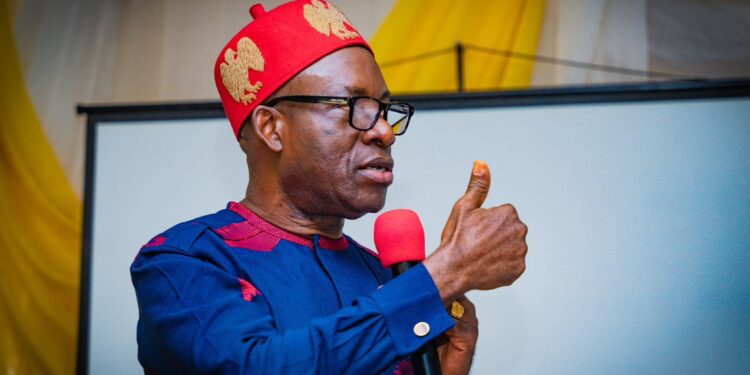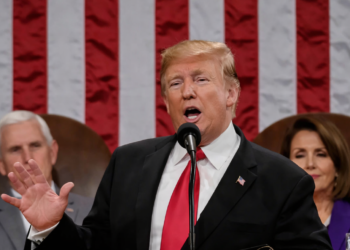Professor Charles Chukwuma Soludo’s re-election in Anambra State has left many wondering whether the All Progressives Congress (APC) ever truly had a fighting chance. The result was not just a victory, it was a political statement, one that confirmed Anambra’s strong loyalty to the All Progressives Grand Alliance (APGA) and Soludo’s growing personal influence across the state.
A Clear Mandate, Not a Contest
The scale of Soludo’s victory was staggering. With 422,664 votes against APC’s 99,445, the margin wasn’t just wide, it was a landslide that exposed the deep political divide between the ruling party at the centre and the people of Anambra. Even before the final tally, it was obvious that the election was more of a coronation than a contest.
For many voters, the re-election was a reward for what they saw as Soludo’s steady performance and pragmatic leadership. While the APC fielded Nicholas Ukachukwu, a businessman with political experience, the campaign struggled to gain traction in a state where APGA has long positioned itself as the voice of local identity and resistance against external political dominance.

APC’s Miscalculated Strategy
If Soludo’s landslide win was expected, APC’s performance was disappointing even by its own standards. The party failed to connect with the average voter in Anambra, and its campaign message lacked emotional or economic appeal. Analysts believe that APC’s national image, burdened by economic hardship and insecurity across Nigeria, worked against its candidate at the state level.
Anambra’s electorate is politically conscious and vocal. The memory of APGA’s late founder, Dim Chukwuemeka Odumegwu Ojukwu, still looms large, making it difficult for any “outsider party” to break through. For many residents, voting for APGA was not only about Soludo but also about preserving a sense of ownership and autonomy.
Soludo’s Quiet Confidence
Even before election day, Soludo carried himself like a man certain of victory. His campaign focused less on promises and more on results, roads, schools, urban renewal, and fiscal transparency. While not without criticism, his approach resonated with voters who wanted continuity over political experiments.
Governor AbdulRahman AbdulRazaq, chair of the Nigeria Governors’ Forum, described Soludo’s victory as “well-deserved,” praising the governor’s performance and popularity. According to the forum’s statement, the clear margin reflected the people’s confidence in his leadership and programmes.
A Symbolic Win for APGA
The re-election of Soludo is also a symbolic win for APGA, which continues to defy the dominance of national parties in Nigeria’s politics. In a country where the political field is largely split between APC and PDP, APGA’s survival and success, in Anambra is a political anomaly that continues to baffle analysts.
The win sends a message: regional parties can still thrive when anchored by credible leadership and local trust. For APGA, Soludo’s victory isn’t just about four more years — it’s a survival story in Nigeria’s increasingly centralised political climate.
What Next for APC in Anambra?
After this defeat, APC will need more than slogans to gain ground in Anambra. The party has to build real structures, cultivate local trust, and shed its image as a “federal outsider.” The state’s political culture is built on pride, and any party that wants to unseat APGA must first understand that psychology.
Even though President Tinubu congratulated Soludo and called his victory a reflection of “visionary leadership,” the undertone in political circles remains clear, APC has a serious southern problem, and Anambra just reminded everyone.
A Message Beyond Anambra
Soludo’s win is not just about Anambra, it is a reminder that local politics still matters. In a democracy often dominated by centralised power and party machinery, Anambra stood out by choosing continuity over conformity.
Soludo’s landslide victory reinforces one truth: in Anambra, politics is personal and no amount of federal influence can rewrite that story.

















